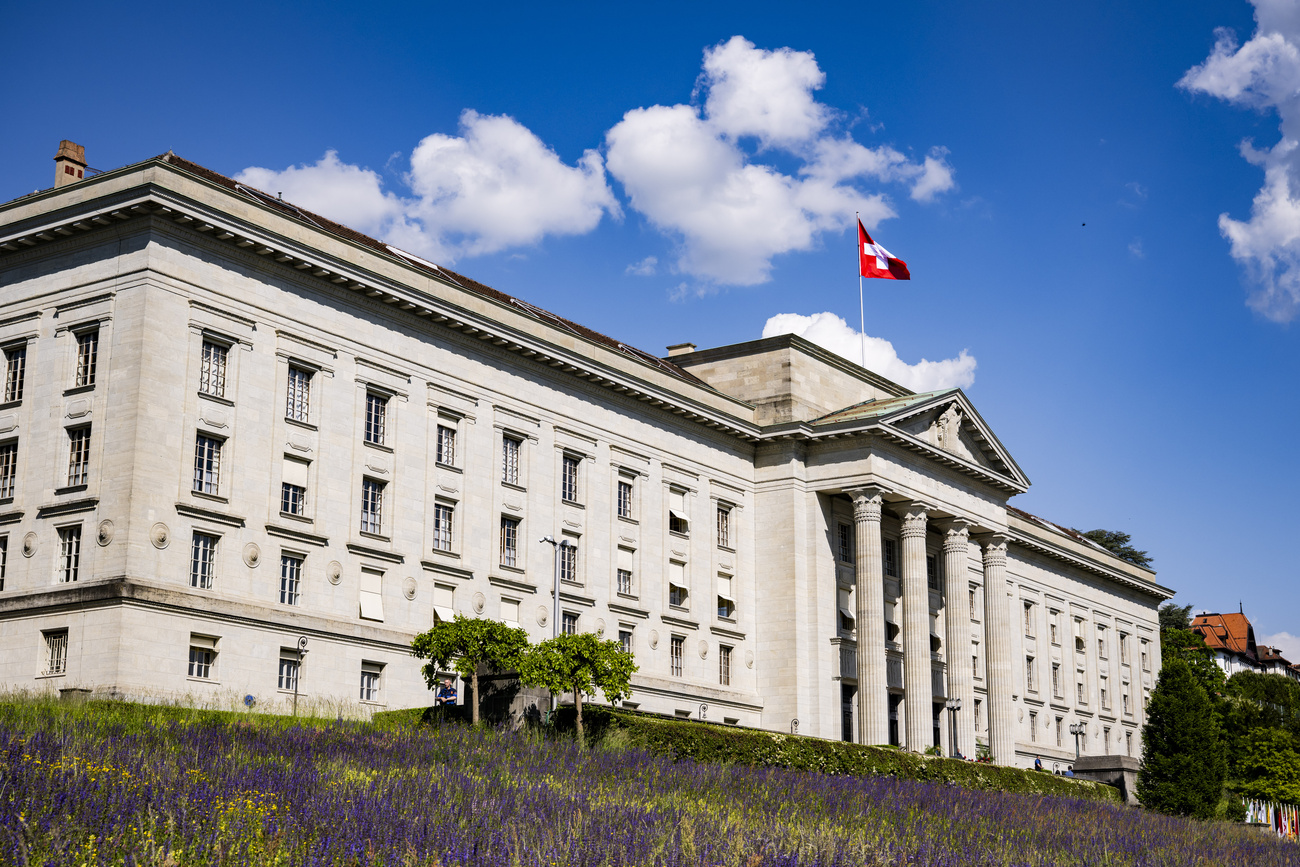
CF: free trade agreement with India in force from 1 October
Keystone-SDA
The free trade agreement between the EFTA countries (European Free Trade Association, of which Switzerland is a member) and India will enter into force on October 1.
+Get the most important news from Switzerland in your inbox
Today, the federal government decided on the necessary regulatory changes to implement the customs concessions agreed in the trade deal.
The Trade and Economic Partnership Agreement (TEPA), as the understanding is called, between the EFTA States (Iceland, Liechtenstein, Norway and Switzerland) and India increases the legal certainty and plannability of bilateral economic trade. It also improves access for Swiss goods and services to the Indian market, says a government note today.
In particular, New Delhi grants Bern better access to its market for 94.7% of current exports (2018-2023, excluding gold). These include pharmaceuticals, machinery, optical instruments, watches and processed agricultural products. Once the transitional periods expire, these concessions will result in annual duty savings of up to around CHF167 million (based on current trade; $207 million), it is pointed out.
Also sustainable development
For the first time, India will make legally binding commitments on trade and sustainable development in a free trade agreement (FTA). Indeed, the latter contains a provision in which the parties reconfirm their rights and obligations under other international treaties, including understandings on trade, environment, social affairs and human rights. This should ensure that neither the environmental and labour laws of the signatory states nor international environmental and social law are violated, it is further emphasised.
More

More
Swiss parliament approves free trade agreement with India
The FTA also contains a chapter on investment promotion and cooperation. For the first time in a free trade agreement, the EFTA states undertake to carry out various promotion activities with the aim of increasing investment in India and thus creating new jobs. New Delhi, for its part, undertakes to ensure a favourable investment climate.
Diversification of outlet markets
Particularly in times of great uncertainty in trade policy (e.g. the imposition of 39% customs duties by the US), free trade agreements are an essential tool for Swiss exports to access new markets and diversify. According to the federal government, this benefits Switzerland as a business location and its ability to generate added value and create and maintain jobs.
With this FTA – signed on March 10, 2024 for Switzerland by Economy Minister Guy Parmelin after more than 16 years of negotiations and approved by parliament on March 21, 2025 – Switzerland is pursuing the foreign economic policy strategy defined by the federal government.
Translated from German by DeepL/jdp
We select the most relevant news for an international audience and use automatic translation tools to translate them into English. A journalist then reviews the translation for clarity and accuracy before publication.
Providing you with automatically translated news gives us the time to write more in-depth articles. The news stories we select have been written and carefully fact-checked by an external editorial team from news agencies such as Bloomberg or Keystone.
If you have any questions about how we work, write to us at english@swissinfo.ch.













